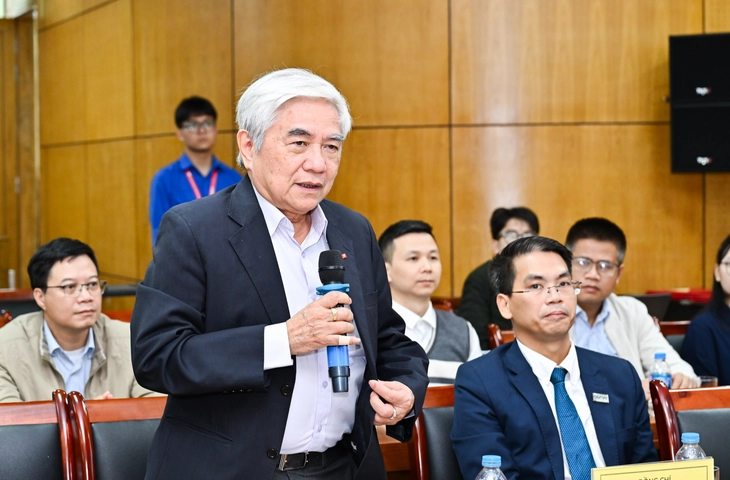
Mr. Nguyen Quan, former Minister of Science and Technology , spoke at the conference - Photo: DUY THANH
Mr. Nguyen Quan - former Minister of Science and Technology - said that before Resolution 57 on breakthroughs in science and technology development, innovation and national digital transformation, Vietnam had many resolutions on policies to attract and utilize talents.
Typical examples include Resolution 27 on building a team of intellectuals (2008), Resolution 20 on science and technology (2012), Resolution 29 on education and training (2013), resolutions of the Central Executive Committee...
According to Mr. Quan, when summarizing 15 years of implementing Resolution 27, it can be seen that the contents are still valuable, the policies are good but have not yet penetrated deeply into life, and there are still problems between the laws.
For example, he gave Resolution 20 on science and technology saying that "it is necessary to apply a fund mechanism in funding from the state budget for science and technology", and recently Resolution 57 emphasized this again.
However, when implementing, the financial sector said that the State Budget Law does not allow funding without a pre-approved plan, leading to having to wait a whole year to conduct research.
"There is no country in the world that has to wait years to sign a contract for research. They apply the mechanism of providing funding as soon as a project is available and signing a contract immediately," Mr. Quan said.
Mr. Quan said that the brain drain is currently happening from the public sector to the private sector, from domestic to foreign countries and will not stop without timely and breakthrough solutions.
To attract and retain talented people, Mr. Quan recommends that the first thing to do is to have a very realistic compensation policy. Because attracting them may be easy, but retaining them is difficult.
Scientists returning from abroad can accept lower salaries, but at least they must be cared for, assigned work, assigned topics, projects, and assigned strong research groups, thereby having jobs and income.
"Many provinces also invited professors to come back to their provinces, paid them double their salaries, and provided them with land to build houses, but for a whole year they were not given any work. And they left again," Mr. Quan said.
According to Mr. Quan, when inviting scientists to the unit, it is necessary to give them a high degree of autonomy. For example, being the head of research groups, they can be autonomous in inviting colleagues from other schools/institutes to work together; being able to order topics, creating responsibility for monitoring, urging the organization, receiving results and being responsible for the topics.
Sharing the same view, Mr. Nguyen Hoai Anh - Deputy Head of the State Committee for Overseas Vietnamese, Ministry of Foreign Affairs - said that while giving topics to attract young talents to return to the country, there must be specific jobs and a development environment for the talents.
According to statistics by 2023, there will be over 6 million Vietnamese people living, studying and working abroad, of which about 3.7 million people will leave the country and settle down long-term.
In the US alone, where there are the largest Vietnamese people, about 2.3 million people, more than half of whom have a university degree or higher.
Associate Professor Huynh Quyet Thang - Director of Hanoi University of Science and Technology - said that in the past 5 years the school has made improvements in salaries, but it cannot be compared with some other universities in the private sector.
Mr. Thang acknowledged that salary is not everything, especially for young scientists. According to him, what is important is the working environment, respect, the right to work, to be creative, and to contribute.
Source: https://tuoitre.vn/nhieu-tinh-moi-giao-su-ve-nhung-ca-nam-khong-giao-viec-nguoi-den-lai-di-20251104170617174.htm


![[Photo] Ca Mau "struggling" to cope with the highest tide of the year, forecast to exceed alert level 3](https://vphoto.vietnam.vn/thumb/1200x675/vietnam/resource/IMAGE/2025/11/04/1762235371445_ndo_br_trieu-cuong-2-6486-jpg.webp)

![[Photo] Panorama of the Patriotic Emulation Congress of Nhan Dan Newspaper for the period 2025-2030](https://vphoto.vietnam.vn/thumb/1200x675/vietnam/resource/IMAGE/2025/11/04/1762252775462_ndo_br_dhthiduayeuncbaond-6125-jpg.webp)
![[Photo] Ho Chi Minh City Youth Take Action for a Cleaner Environment](https://vphoto.vietnam.vn/thumb/1200x675/vietnam/resource/IMAGE/2025/11/04/1762233574890_550816358-1108586934787014-6430522970717297480-n-1-jpg.webp)

![[Photo] The road connecting Dong Nai with Ho Chi Minh City is still unfinished after 5 years of construction.](https://vphoto.vietnam.vn/thumb/1200x675/vietnam/resource/IMAGE/2025/11/04/1762241675985_ndo_br_dji-20251104104418-0635-d-resize-1295-jpg.webp)



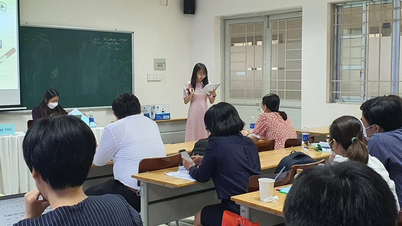

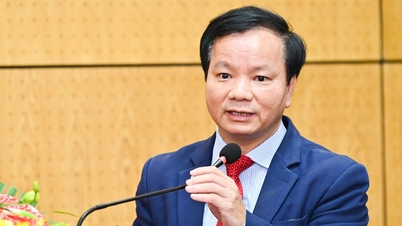






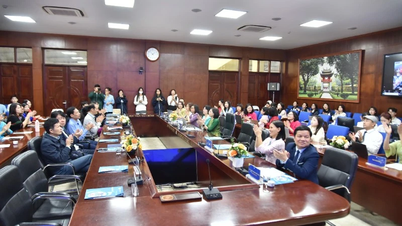

![[Video] Ministry of Education and Training announces the 2026 university and college enrollment plan](https://vphoto.vietnam.vn/thumb/402x226/vietnam/resource/IMAGE/2025/11/04/1762270484541_dung00-18-42-03still007-jpg.webp)
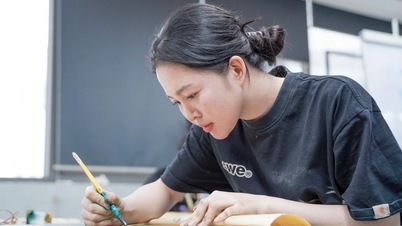







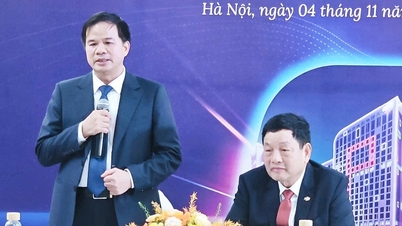

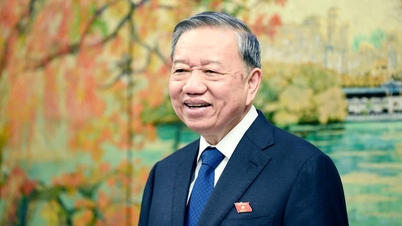
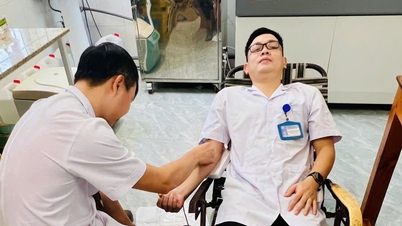


















































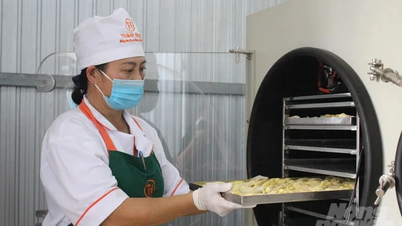

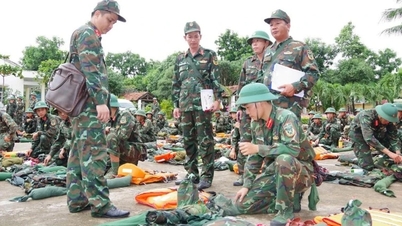














Comment (0)